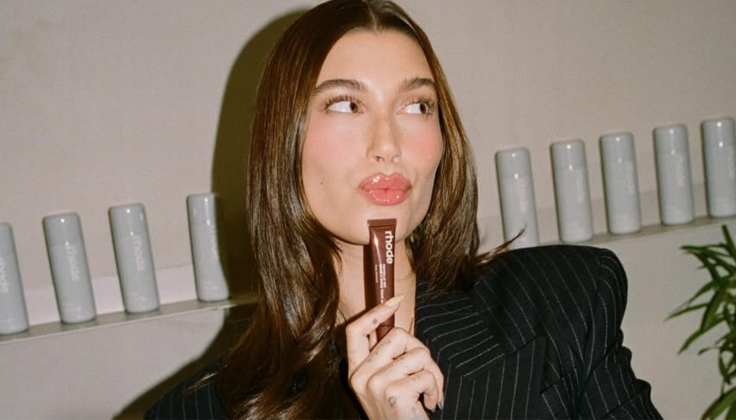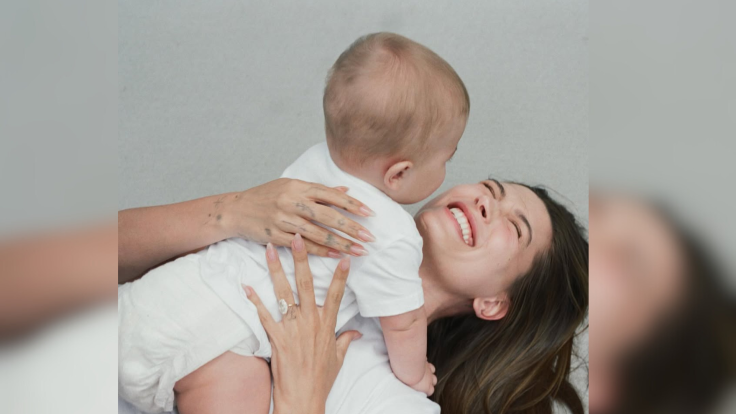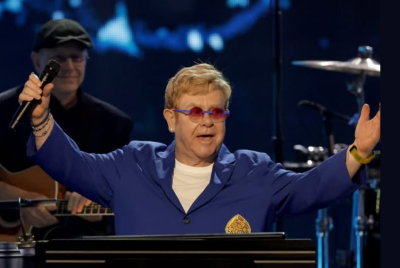'Because She's a Nepo Baby' Hailey Bieber Sparks Outrage After Admitting She Never Finished High School, But Still Found Fame
A Wall Street Journal profile last week placed Bieber's schooling admission alongside Rhode's mounting success

Hailey Bieber's admission that she did not finish high school has reignited debate about privilege and public example-setting amid the business triumph of her skincare empire.
Bieber made the comments during a Wall Street Journal profile and video interview, a wide-ranging feature that covered the £750 million ($1 billion) sale of her brand, Rhode, motherhood, and the scrutiny that follows celebrity founders.
The short clip of her saying she 'got lazy' and 'wished' she had finished school has been widely clipped and circulated, prompting heated responses on social media. The full WSJ interview, however, offers a more textured account in which Bieber alternates regret about schooling, acknowledgement of familial advantage, and a robust defence of the labour behind building Rhode.
The WSJ Interview: What She Actually Said
In the Wall Street Journal feature published 15 October 2025, Bieber described leaving school when modelling work intensified and said, 'I just wish that I had finished it because I was so close — I was a senior, I was almost done, I got lazy and I was like, "Why am I doing this? I have a job." But I wish I did.'
@wallstreetjournal Rhode founder Hailey Bieber said she wishes she finished high school. 📷: Marili Andre for WSJ. Magazine HaileyBieber Bieber Rhode wsj wsjmagazine
♬ original sound - The Wall Street Journal - The Wall Street Journal
The WSJ package includes both a written profile and a video interview that the publisher shared on its channels.
The WSJ piece also places the remark within the larger story of Rhode's commercial success and Bieber's role after the sale to E.l.f. Beauty. The interview makes clear she was reflecting on youth and choices rather than issuing a manifesto against education; nevertheless, short clips that isolate the 'got lazy' line have driven much of the backlash.
Why the Reaction Became Viral
The viral fury poses a simple political and cultural question: when celebrities who have unearned advantages speak casually about abandoning formal education, does that normalise behaviour most cannot afford?
Critics on social platforms have pointed to Bieber's family background and early industry access, the kinds of structural advantages commonly labelled 'nepotism' and argued that her phrasing was insensitive to young people for whom leaving school would entail severe consequences. Clips of the WSJ interview have been reposted with commentary framing the admission as a sign that privilege removes the risk penalty.

Supporters and some business commentators counter that the critique elides the hard commercial work Bieber describes in the same WSJ package: product development, supply-chain oversight, and brand strategy; tasks she says demanded long hours and a hands-on approach.
In the WSJ interview, she repeatedly described being 'deeply involved' in product formulation and marketing decisions, and made the case that operating a fast-growing consumer business requires sustained managerial and creative labour.
The Broader Cultural Faultlines
Bieber's remarks have become a lens for a larger cultural conversation about access, role models, and the responsibilities of public figures whose choices are widely imitated. Journalists observing the fallout note that nuance is the first casualty of virality. Long interviews become single-line controversies that serve outrage economies rather than informed discourse.
The WSJ interview itself shows both contrition about leaving school and a professional seriousness about running a major consumer brand — two truths the public debate has struggled to hold at once.
Hailey Bieber's brief confession about high school is factual; its interpretation will continue to reflect larger arguments about privilege, aspiration and the currency of celebrity.
© Copyright IBTimes 2025. All rights reserved.





















